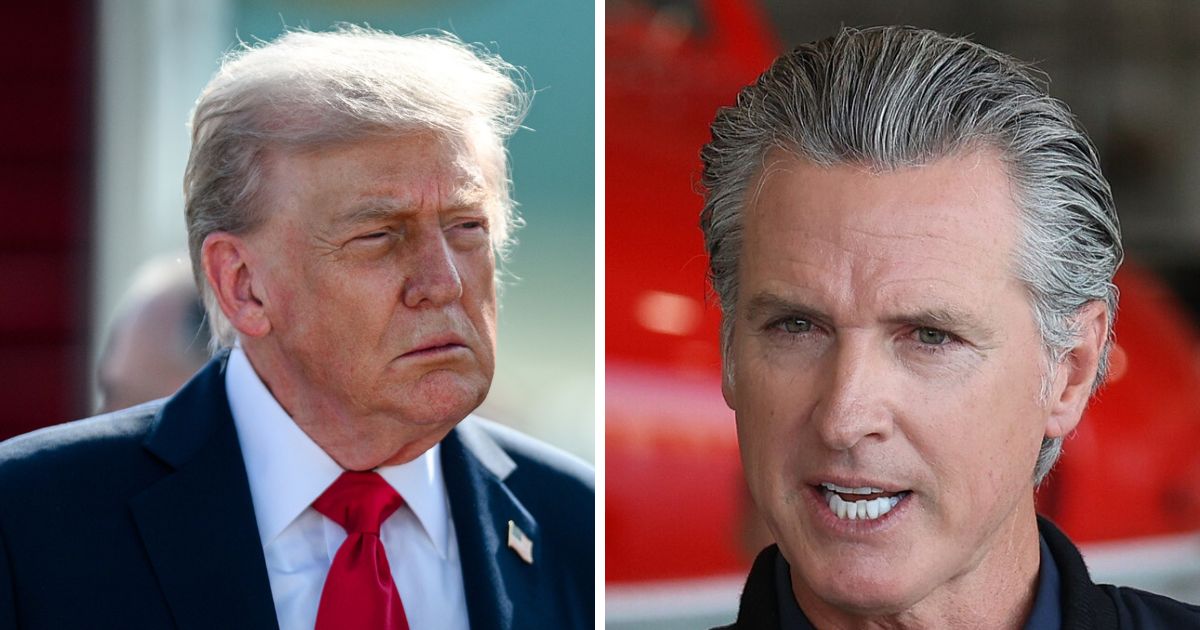California Governor Gavin Newsom delivered a blunt message to President Donald Trump on Wednesday, promising to haul the White House into court if Trump follows through on talk of deploying National Guard troops to San Francisco. “We’re suing immediately if you send troops into San Francisco,” Newsom warned, framing the clash as a test of presidential power and California’s right to govern its own streets.
The warning landed as reports swirled about a separate federal surge already underway. The San Francisco Chronicle reported that more than 100 federal agents, including personnel tied to immigration enforcement, were staging at the Coast Guard base in Alameda. The revelation ricocheted through local media and national outlets, stoking fears of aggressive crackdowns across the Bay Area.
By Thursday, federal officials confirmed that more than 100 agents had already arrived in the region. City and state leaders blasted the move, arguing it was engineered to inflame tensions rather than address public safety, a view shared by immigrant advocacy groups preparing for a rapid response.
Newsom’s legal threat turns on a simple proposition: absent an emergency that meets strict legal criteria, the president cannot unilaterally plant military boots in a city to conduct domestic law enforcement. California’s attorney general has already signaled he is ready to sue, pointing to limits in the Posse Comitatus Act and the narrow circumstances in which the Insurrection Act can be invoked. “Unlawful” is how state officials have characterized the floated plan, promising swift action in federal court.
The governor also sharpened the politics. He highlighted San Francisco crime data that conflicts with the White House narrative and cast the threat of troops as a stunt that would make communities less safe, not more. San Francisco’s new mayor, Daniel Lurie, echoed that argument, saying a military-style show of force “will do nothing to make our city safer.”
Even as the legal posturing escalated, the ground shifted. Multiple outlets reported that Trump had pulled back on parts of the plan after a public outcry, with local leaders and high-profile tech figures lobbying the White House to stand down. Reports suggested the president called off a broader federal deployment to San Francisco on Thursday, a partial reversal that did little to settle questions about the agents already on the ground or the threat to activate the Guard later.
The result is a Bay Area now bracing for a volatile mix: a large federal presence focused on immigration enforcement, a city leadership trying to keep protests peaceful, and a governor daring the administration to cross a legal line. Demonstrators gathered near Alameda’s Coast Guard Island while local stations tracked federal caravans amid calls for calm from community groups.
The next chapter will unfold in court or in the streets, or both. If Trump re-ups his National Guard threat, Newsom says the lawsuit will hit “within a nanosecond,” a promise that suggests California is prepared to force a constitutional showdown over who polices San Francisco. For now, the legal fuse is lit, the agents are here, and the stakes, for state authority and civil liberties, could not be clearer.









